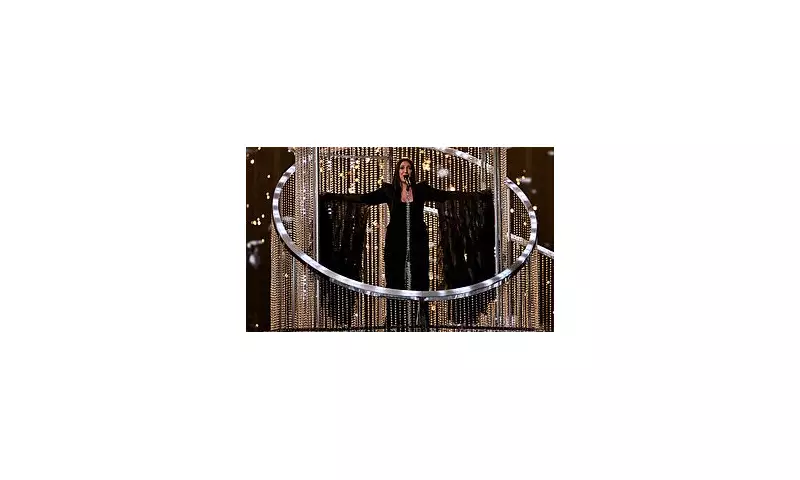
Eurovision Implements Sweeping Voting Reforms After Public Backlash
The Eurovision Song Contest is set for a significant overhaul of its voting system following the controversy surrounding Israel's performance in the 2025 competition. The European Broadcasting Union (EBU) has confirmed that from the 2026 contest in Vienna, viewers will only be permitted to cast a maximum of 10 votes each, a sharp reduction from the previous allowance of 20.
Roots of the Controversy: A Clash Between Jury and Public
The decision comes after a dramatic showdown in May this year, where Israel won the public vote by a landslide and finished second overall, narrowly beaten by Austria. This result was thrown into question when the national broadcasters of Spain and Belgium raised serious concerns. They alleged potential vote rigging after televoters from both nations awarded Israel the maximum 12 points, despite professional juries in those same countries giving the Israeli entry zero points.
This highlighted a stark division between the opinions of the professional juries and the viewing public, a core part of the Eurovision scoring system where entrants receive points from both groups.
New Rules to Protect 'Neutrality and Integrity'
In response, the EBU is introducing a suite of measures designed to restore confidence. As well as the cap on public votes, juries will be reintroduced to the Semi-Finals round. Furthermore, organisers will enact a ban preventing competitors and broadcasters from taking part in promotional campaigns run by third parties, including governments.
This move directly addresses reports from last year that an Israeli government agency paid for advertisements and used social media to actively encourage people to vote for its entry.
Martin Green, the Director of the Eurovision Song Contest, stated: 'We've listened and we've acted. The neutrality and integrity of the Eurovision Song Contest is of paramount importance to the EBU, its members, and all our audiences.' He emphasised that the contest must remain a neutral space and not be instrumentalised.
Green added that the EBU would strengthen the enforcement of existing rules regarding song lyrics and staging, and work closely with members to ensure they uphold the contest's values.
Broader Political Context and Boycott Threats
These voting changes arrive amidst a highly charged political backdrop. The contest's organisers were due to vote this month on whether Israel could participate in next year's event, following calls for its exclusion over the Israel-Hamas war in Gaza.
National broadcasters from several countries, including the Netherlands, Slovenia, Iceland, Ireland, and Spain, have threatened to boycott the 70th-anniversary contest in Vienna if Israel takes part. However, this vote was called off last month after Israel and Hamas agreed to a ceasefire deal.
According to Israeli tallies, Hamas-led militants killed 1,200 people and took 251 hostages during the October 7 attacks. In response, Israel's retaliatory offensive has resulted in the deaths of nearly 69,000 Palestinians, according to health officials in Gaza.
Despite the boycott threats, ORF, the Austrian national broadcaster hosting the 2026 event, has stated it wants Israel to participate, hoping to host the biggest contest in years.





